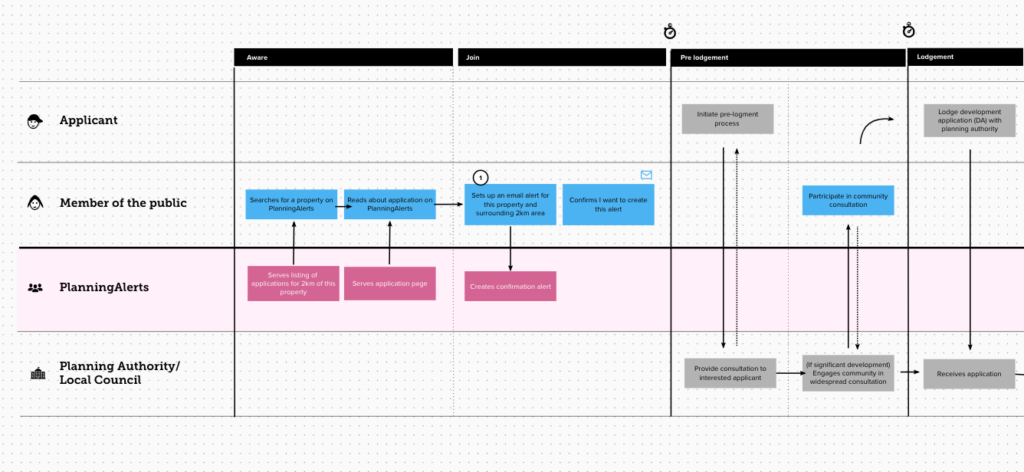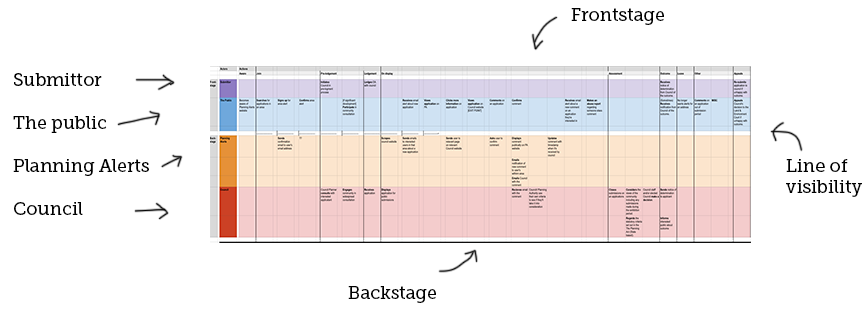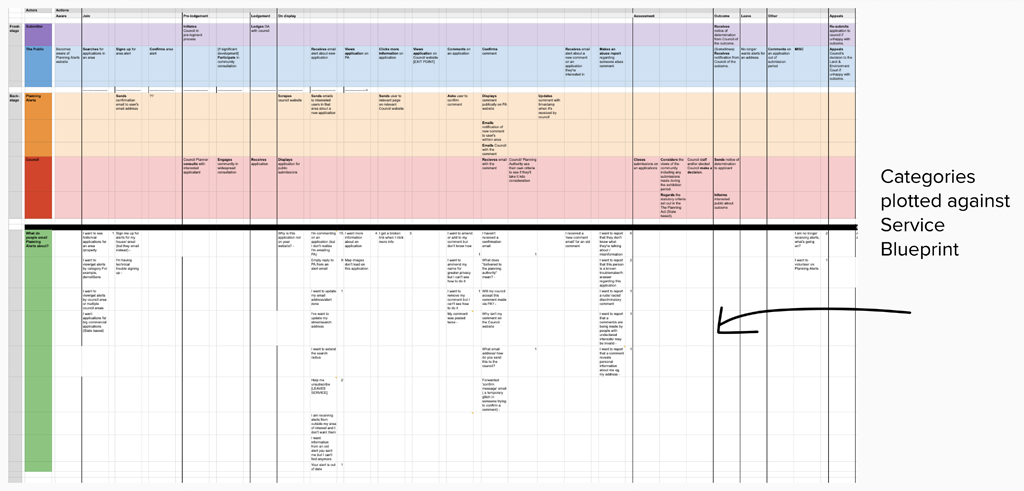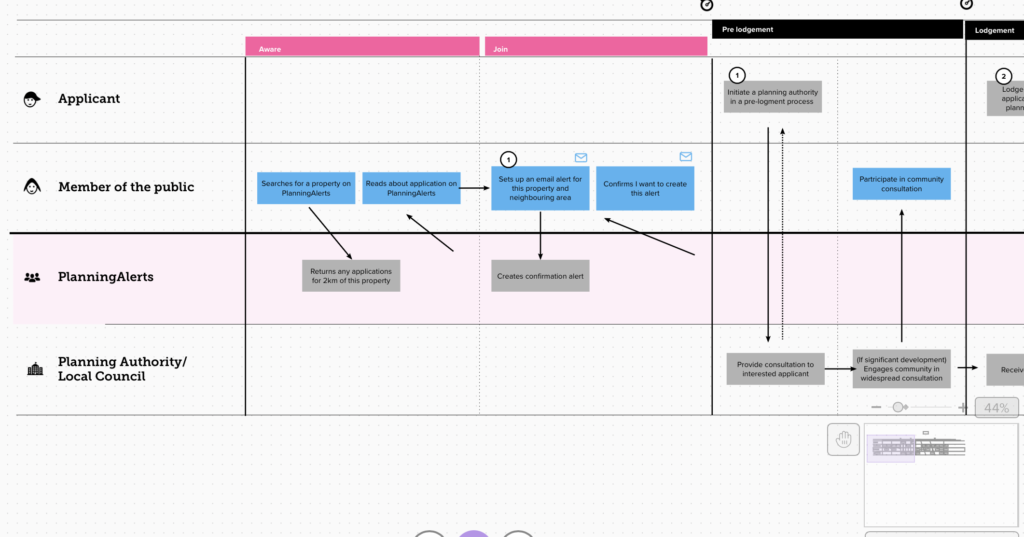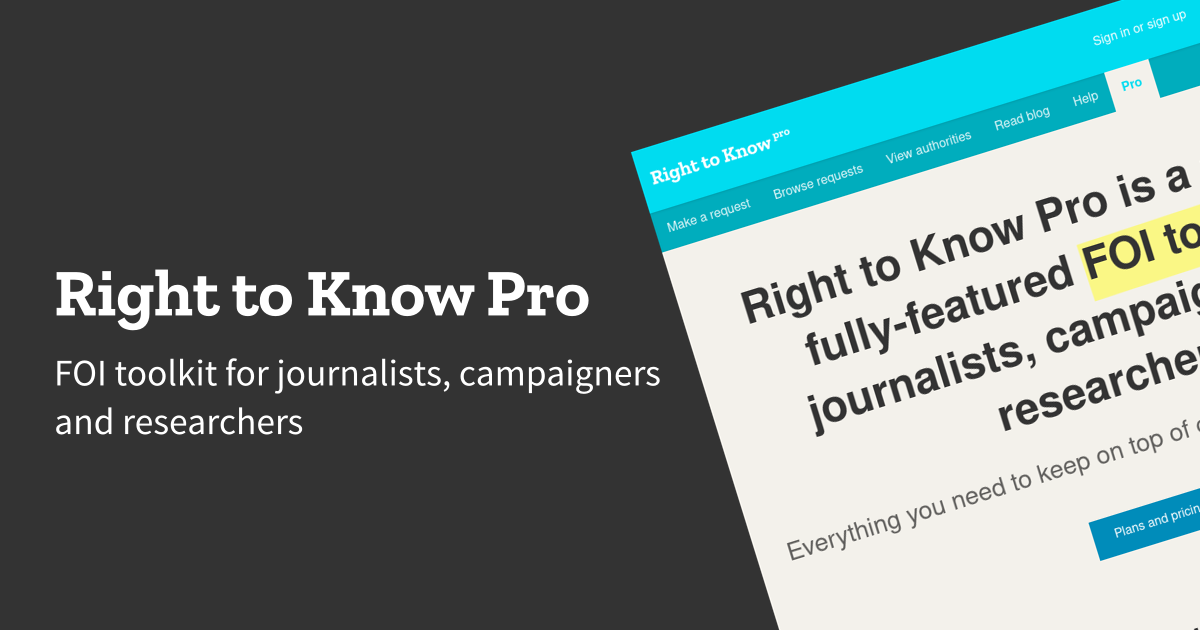Back in 2016, I wrote a post about the state of rebellion in our parliament. At that time, rebellions were quite rare. How things have changed! We now have several rebels in parliament, mostly from the Liberal Party.
What does it mean to be a rebel?
A rebel voter is someone who crosses the floor to vote against the rest of their party. They may do this in the interest of their electorate/state, out of personal principle, as a protest, or maybe they just fell asleep when the division was taking place and accidentally ended up on the wrong side of the room (see Nickolas Varvaris, the former MP for Barton).
Note that independents can’t be rebel voters because they have no party to rebel from.
Why are there so many rebels these days?
First, some context: while rebellion became rare during the 90s and 00s, particularly under the Howard Government, that wasn’t always the case. In other words, the current situation looks less odd when compared to the pre-Howard years.
That said, we are seeing a lot of rebels right now, which is likely due to many factors. The instability of leadership in both our major parties since the Rudd-Gillard and Abbott-Turnbull governments is probably playing a role. As is the rising political power of independents since they held the balance of power during the second Gillard Government. Certain matters have also become increasingly serious (climate change, housing) or increasingly politicised (COVID vaccination, transgender rights), which means more representatives will be motivated to take a stand on them.
Who’s rebelling in 2023?
Here’s a rundown of what’s been happening so far in 2023. Note that the MP for Calare Andrew Gee (formerly Nationals) and Victorian Senator Lidia Thorpe (formerly Greens) have not been included as they are now both independent.
Starting in the House of Representatives, there’s MP for Bass Bridget Archer (Liberal), who continues to cross the floor on several issues. So far this year, she has rebelled in support of housing affordability and housing availability in regional areas and to vote against the cashless debit card (or indue card) system.
Onwards to the Senate, and in alphabetical order, we have South Australian Senator Alex Antic (Liberal), who crossed the floor to support a United Australia Party motion to create an inquiry into ‘excess deaths’ in 2021 and 2022.
Then we have New South Wales Senator Andrew Bragg (Liberal), who crossed the floor to support transgender rights.
Finally, there’s Queensland Senator Gerard Rennick (Liberal), who crossed the floor to support a One Nation Party motion for the Minister to provide Australian Federal Police documents relating to a GoFundMe page called ‘Supporting the SASR family’.
New South Wales Senator Hollie Hughes (Liberal) also appears to have rebelled in one division, but as the only other Liberal senators present for the vote were Senators Antic and Rennick (both mentioned above), it may be more accurate to say that it was actually Antic and Rennick who were rebelling again. That division related to vaccine mandates and giving legal protections to those who refuse to get vaccinated.
Other current MPs and senators who have rebelled against their parties in the past include (in alphabetical order): Simon Birmingham (Liberal Senator), Richard Colbeck (Liberal Senator), Jane Hume (Liberal Senator), Marise Payne (Liberal Senator), Barbara Pocock (Greens Senator), Dean Smith (Liberal Senator), Ross Vasta (Liberal MP) and Jess Walsh (Labor Senator).
